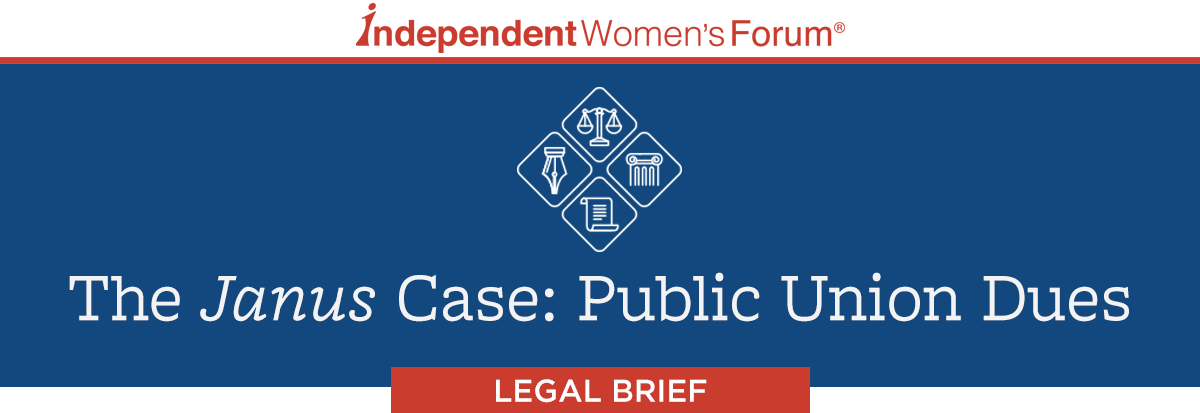Just over forty years ago, in Abood v. Detroit Board of Education, 431 U.S. 209 (1977), the Supreme Court held that states may force public employees to pay public-union dues, subsidizing union speech with which the employee may disagree.
Abood is radically out of step with core First Amendment law. Indeed, the Supreme Court recently stated, in Harris v. Quinn, that it is a “bedrock principle” that, “except perhaps in the rarest of circumstances, no person in this country may be compelled to subsidize speech by a third party that he or she does not wish to support.” Yet, nearly five million public employees are required, as a condition of employment, to subsidize the speech of a third-party union on matters of public policy.
The First Amendment secures to “the people” not only the right to share their views, but also the right not to speak and to decide when and whether to engage in public discussion. As the Supreme Court held in West Virginia State Board of Education v. Barnette, the First Amendment “guards the individual’s right to speak his own mind,” and does not allow state officials “to compel him to utter what is not in his mind.”
Since the Abood decision, the Supreme Court has become increasingly uncomfortable with public-sector agency shop arrangements. In 2014, the Supreme Court recognized that, for public unions, collective bargaining is inherently political: “[I]n the public sector, both collective-bargaining and political advocacy and lobbying are directed at the government,” and bargaining subjects, “such as wages, pensions, and benefits are important political issues.” Furthermore, the “free-rider” argument that had carried the day in Abood—that nonmembers benefited from collective bargaining and must pay their fair share, has also come under fire from the Supreme Court. In 2012, the Court, noted that Abood’s “[a]cceptance of the free-rider argument as a justification for compelling nonmembers to pay a portion of union dues represents something of an anomaly.” These sorts of “free-rider arguments . . . are generally insufficient to overcome First Amendment objections,” the Court continued.
Forty years of error is enough. Next month, the Supreme Court will take up the question whether Abood should be overruled and public-sector “agency shop” arrangements invalidated under the First Amendment. The answer is clearly yes.



